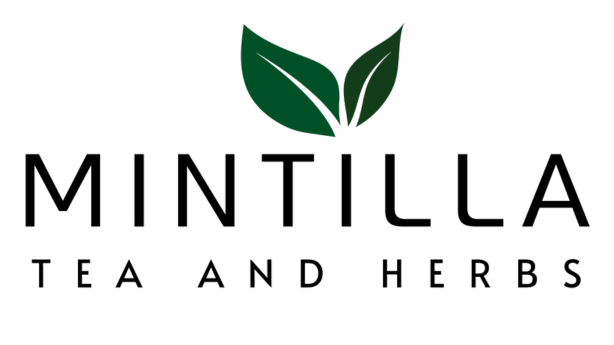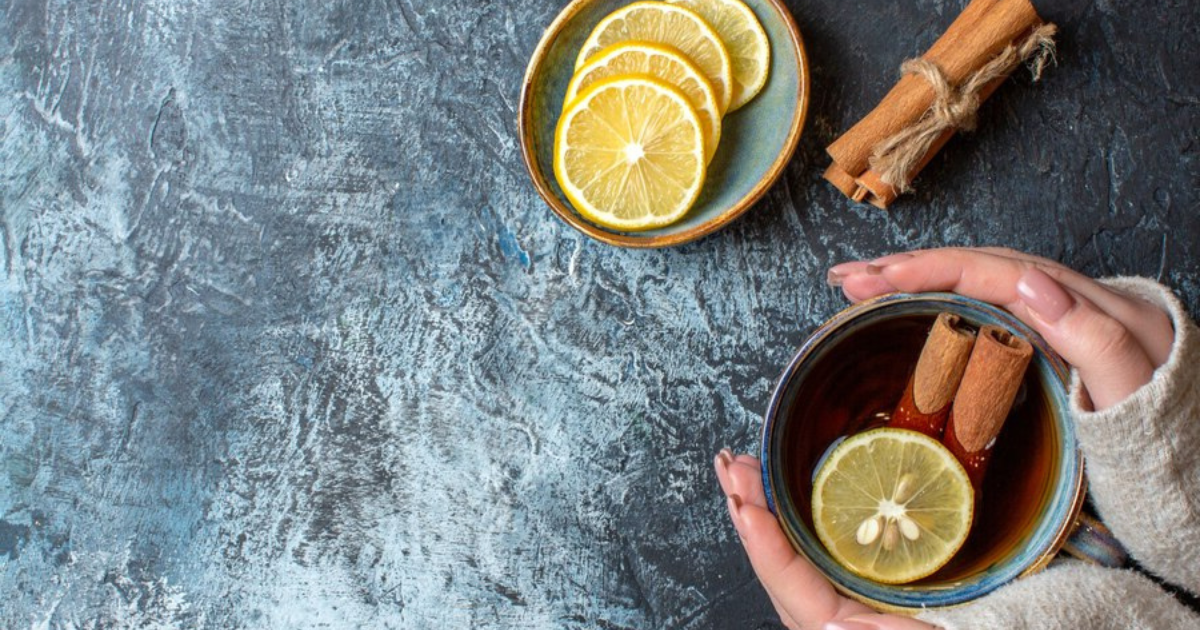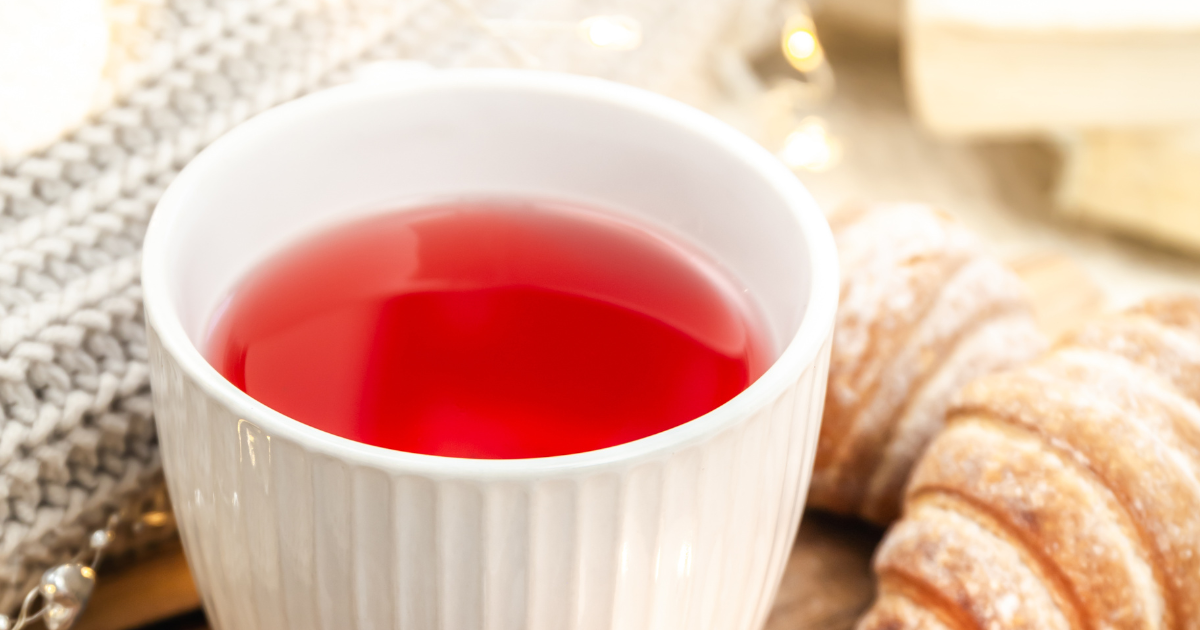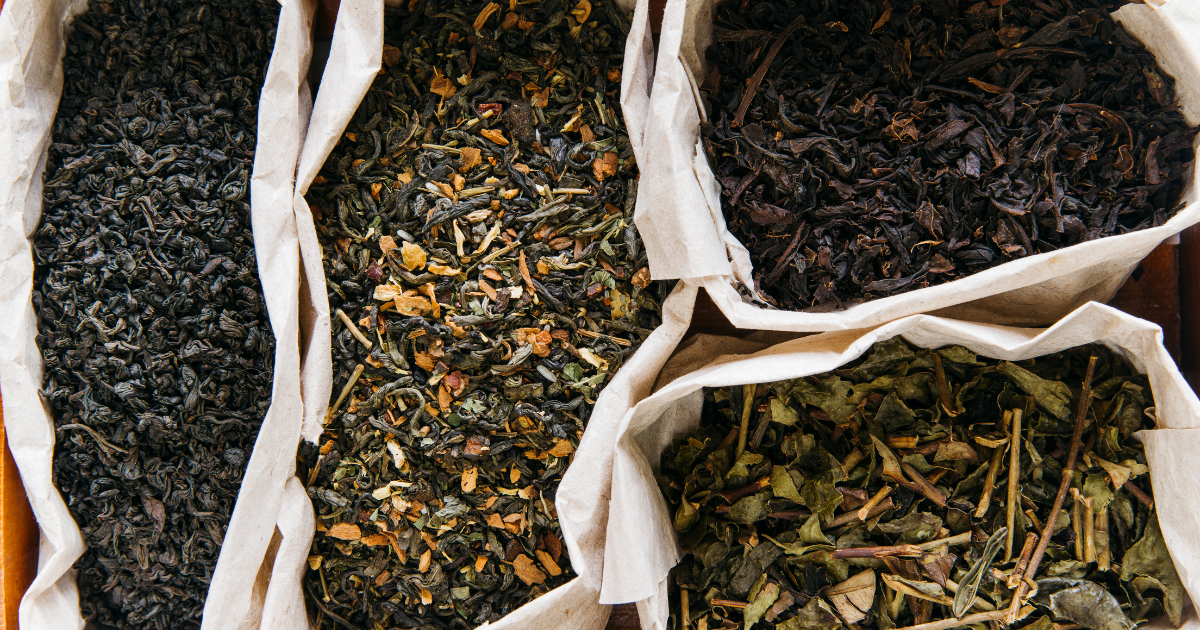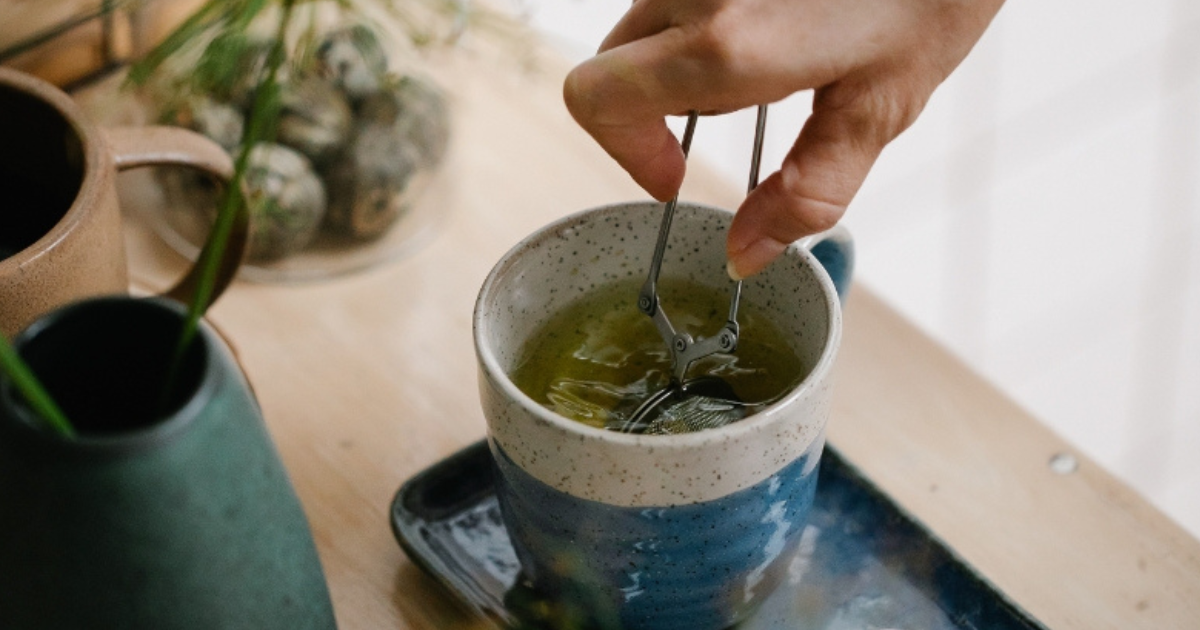Comforting Teas for When You’re Feeling Under the Weather

When you’re feeling under the weather, a warm cup of tea can provide comfort and relief. Certain teas are known for their therapeutic properties and can help to ease symptoms such as congestion, cough, and sore throat. In this blog post, we’ll explore some of the best teas to drink when you’re feeling unwell.
Ginger Tea
Echinacea Tea
Peppermint Tea
Chamomile Tea
When you’re feeling under the weather, drinking soothing teas can be a great way to find comfort and relief. Ginger, echinacea, peppermint, and chamomile are just a few of the many teas that can help to ease symptoms and promote healing. Along with drinking tea, be sure to get plenty of rest, stay hydrated, and speak with your healthcare provider if your symptoms persist or worsen.
References:
- “9 Health Benefits of Ginger Tea.” Healthline. February 8, 2018. Accessed September 19, 2021. https://www.healthline.com/nutrition/9-benefits-of-ginger-tea.
- “Echinacea.” National Center for Complementary and Integrative Health. August 2016. Accessed September 19, 2021. https://www.nccih.nih.gov/health/echinacea.
- “Peppermint.” National Center for Complementary and Integrative Health. April 2021. Accessed September 19, 2021. https://www.nccih.nih.gov/health/peppermint.
- “Chamomile.” National Center for Complementary and Integrative Health. February 2021. Accessed September 19, 2021. https://www.nccih.nih.gov/health/chamomile.
- UMMC Health Information. “Colds and Flu – Self-Care.” University of Maryland Medical Center. Accessed September 19, 2021. https://www.umms.org/ummc/patients-visitors/health-library/infectious-disease-adult/colds-and-flu-self-care.
